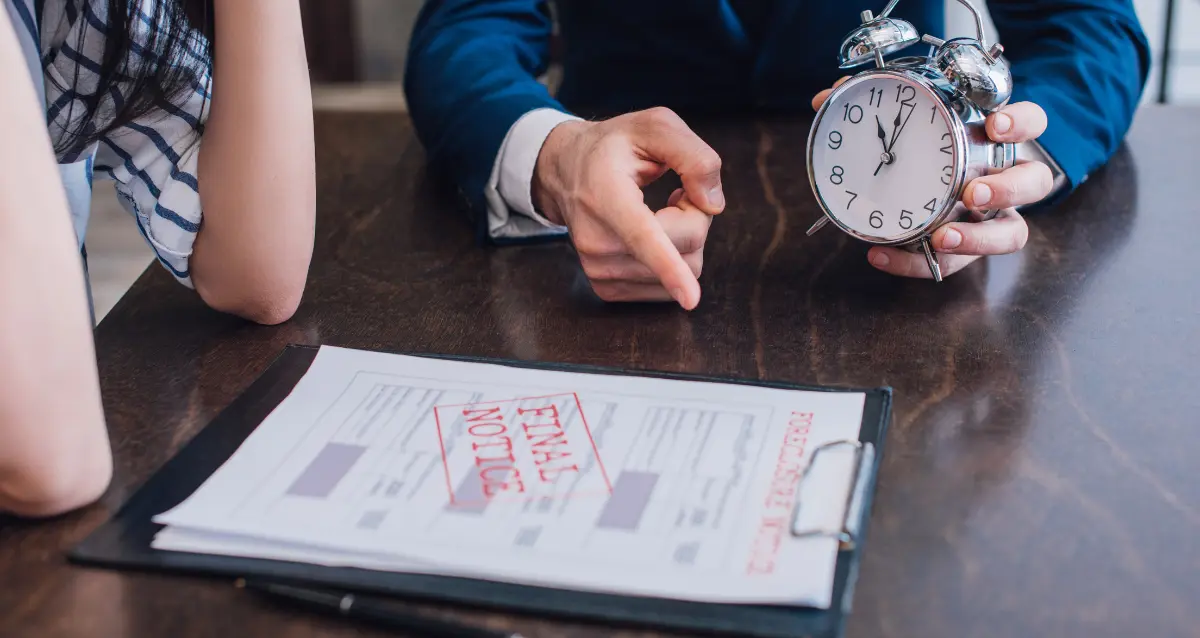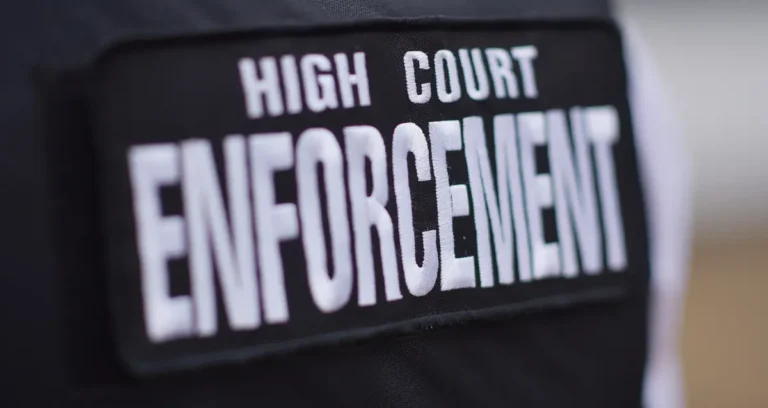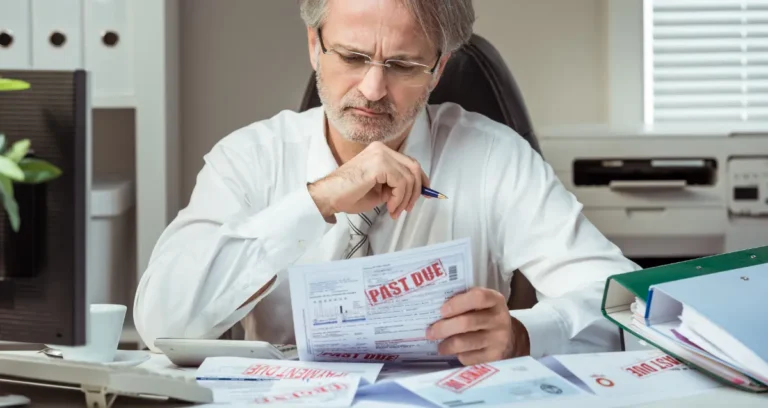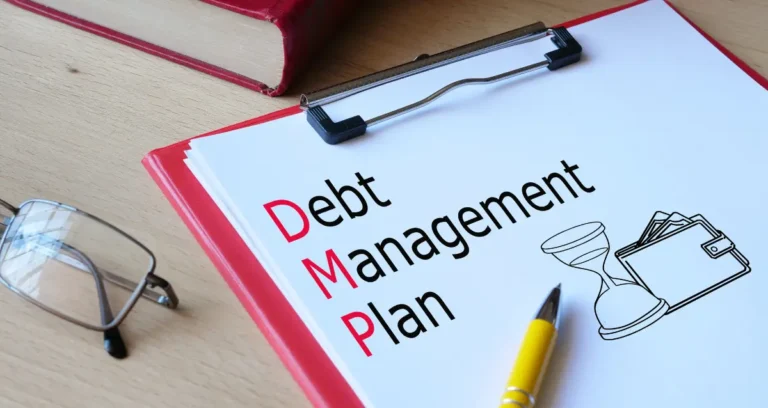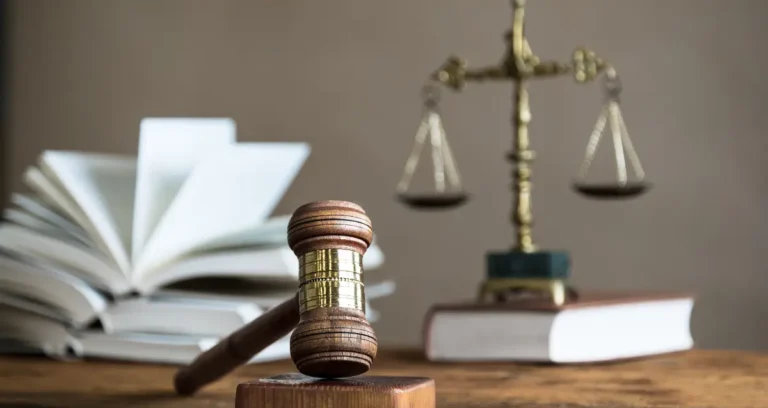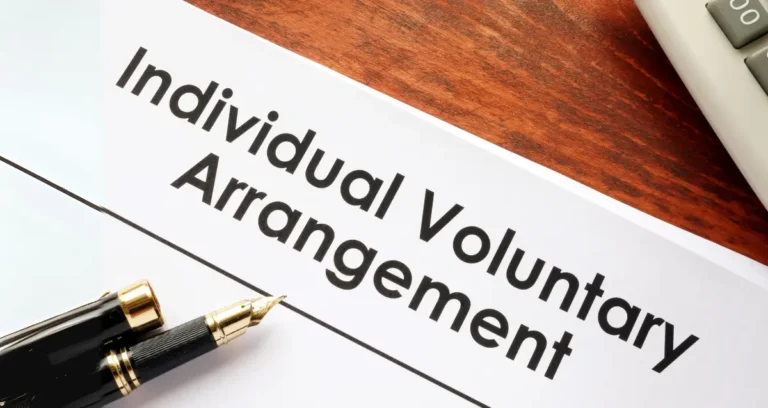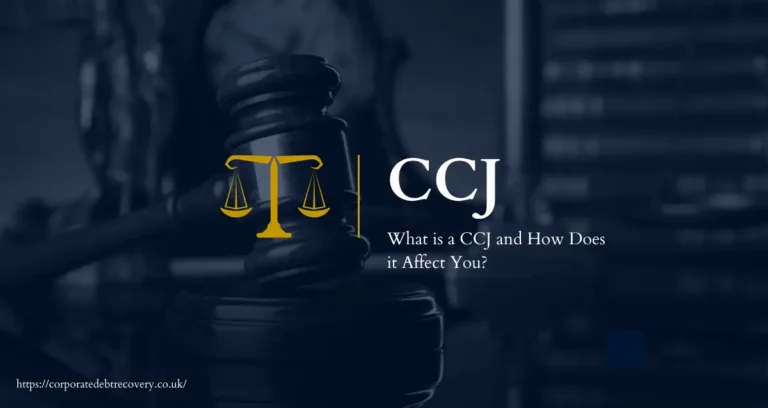Understanding Debt Collection and Recovery
Debt can be a difficult and overwhelming concept for many people. From credit card debt to medical bills, it’s easy for debt to pile up and become a major source of stress. In some cases, individuals may even find themselves unable to keep up with their payments, leading to debt collection and recovery efforts. But what exactly is debt collection and recovery? In this blog, we will dive into the basics of debt collection and recovery, including what it is, how it works, and what steps you can take if you find yourself in debt.
What is Debt Collection?
Debt collection is the process of pursuing unpaid debts from individuals or businesses. This can include credit card debt, medical bills, personal loans, and more. When someone falls behind on their payments, the creditor (the company or entity that is owed money) may hire a debt collection agency to recover the outstanding balance.
Debt collection can be a lengthy and complex process. Generally, it begins with the creditor sending a notification letter or making phone calls to remind the debtor of their outstanding balance. If these attempts are unsuccessful, the creditor may then hire a debt collection agency to pursue the debt on their behalf.
How Does Debt Collection Work?
When a debt collection agency is hired by a creditor, they are given the authority to take legal action against the debtor to collect the outstanding balance. This can include contacting the debtor via phone calls, letters, or even in-person visits.
In some cases, the debt collection agency may offer payment plans or settlements to help the debtor repay their debt in a manageable way. They may also negotiate with the debtor on behalf of the creditor to come to a mutually beneficial agreement.
If these efforts are unsuccessful, the next step in the process is typically a lawsuit. The creditor or debt collection agency can file a lawsuit against the debtor to obtain a court-ordered judgment on the debt. This can result in wage garnishment, property liens, or other legal actions to recover the debt.
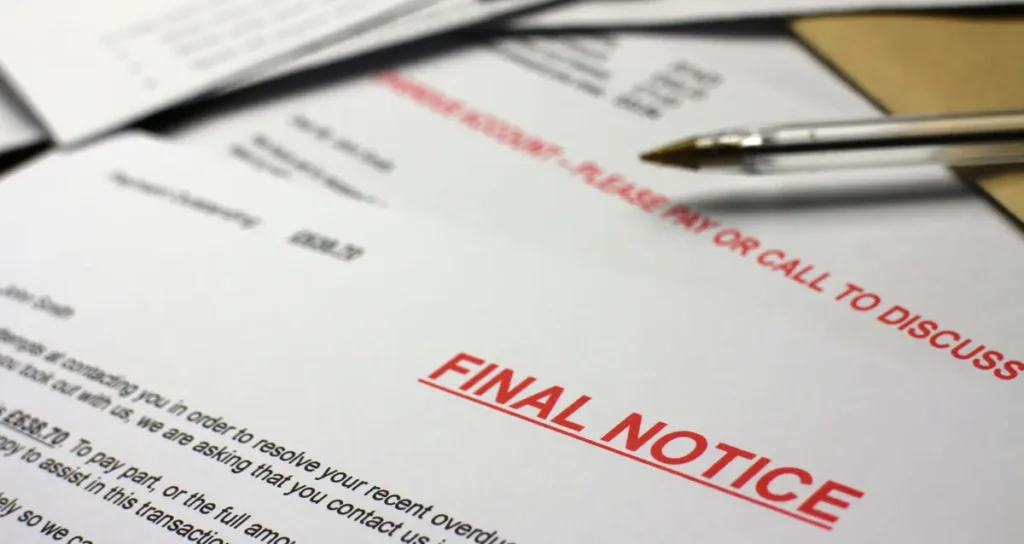
What is Debt Recovery?
Debt recovery is the process of collecting and recovering unpaid debts. While debt collection is focused on the initial attempts to collect the debt, debt recovery is focused on the overall process of collecting the debt and ensuring that it is repaid.
This can include working with debtors to create payment plans, negotiating settlements, and taking legal action if necessary. Debt recovery can also involve credit reporting, where creditors or debt collection agencies report unpaid debts to credit bureaus, which can negatively impact the debtor’s credit score.
Steps to Take if You Find Yourself in Debt
Debt collection and recovery can be a daunting experience for anyone. If you find yourself in debt, it’s important to take action as soon as possible to prevent the situation from getting worse. Here are some steps you can take if you find yourself in debt:
1. Acknowledge and Assess Your Debt: The first step in addressing your debt is acknowledging its existence and understanding its extent. Make a list of all your outstanding debts, including the total amount owed, interest rates, and due dates.
2. Create a Budget: A budget can help you prioritize your expenses and find ways to allocate funds toward paying off your debts. Cut down on unnecessary expenses and consider finding ways to increase your income.
3. Communicate with Your Creditors: It’s important to communicate with your creditors and let them know about your financial situation. They may be willing to work with you on a payment plan or reduce the interest rate to make it more manageable for you.
4. Consider Debt Consolidation: Debt consolidation involves combining multiple debts into one loan with a lower interest rate. This can make it easier to manage your payments and potentially save you money in the long run.
5. Seek Professional Help: If you feel overwhelmed by your debts, it may be helpful to seek professional help from a credit counseling agency or a financial advisor. They can provide personalized advice and help you create a plan to pay off your debts.
Debt collection and recovery can be a challenging and stressful experience, but it’s important to remember that there are steps you can take to address and manage your debt. By acknowledging your debts, communicating with your creditors, and seeking professional help if needed, you can take control of your finances and work towards a debt-free future.
Conclusion
In conclusion, debt collection and recovery are essential processes in the financial world. While it may seem overwhelming, understanding the basics of debt collection and taking proactive steps to address your debts can help alleviate some of the stress and put you on the path toward financial stability. Remember to communicate with your creditors, seek professional help if needed, and stay determined in your journey toward debt recovery.

